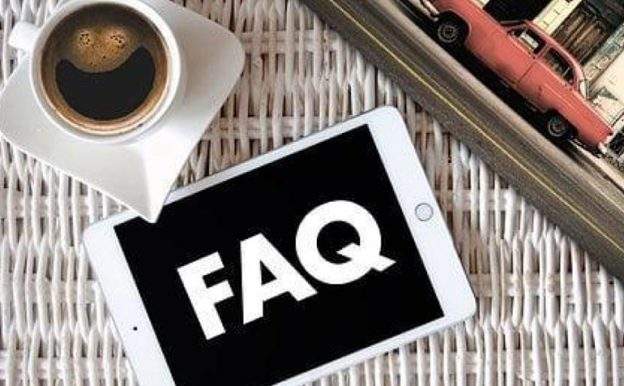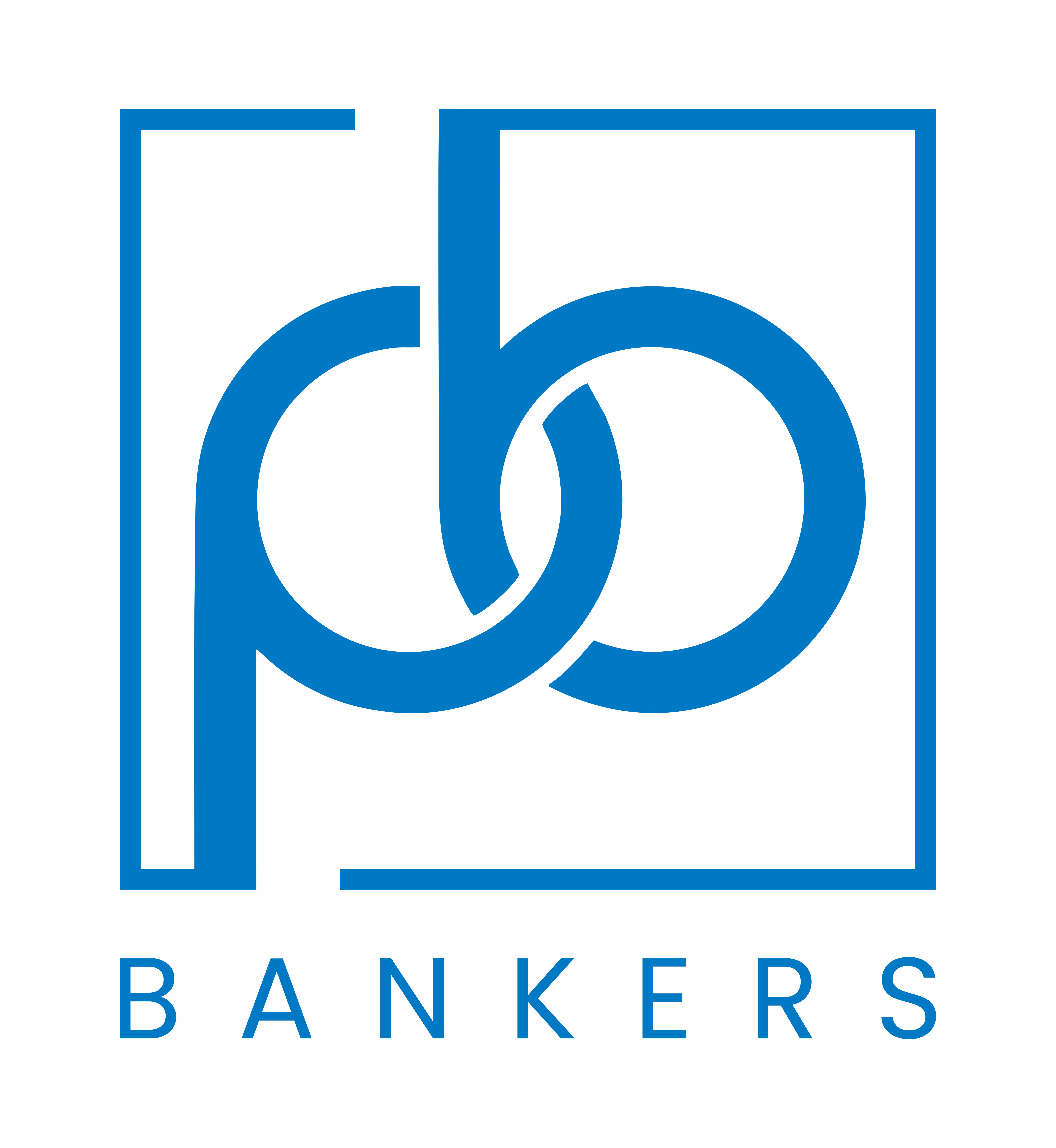Frequently Asked Questions about The Infinite Banking Concept

Are you considering having an experience with the Infinite Banking Concept? Are you unsure whether it’s a good idea for you? Maybe you need to first figure it out before investing your time into it? Look, these concerns are very valid! However, let those questions push you to action and not indecision.
In this article, we are answering some of the most commonly asked questions concerning the Infinite Banking Concept.
Hopefully, your questions will be answered. So, if you want to get rid of your doubts, discover exactly which action to take concerning them, then keep reading.
What is the Infinite Banking Concept?

Infinite banking is a process that allows an individual to become his or her personal banker. The Infinite Banking Concept was the brainchild of the infamous Nelson Nash. He had discovered it in his endeavors to help individuals have full control of their own cash. By providing them with information, this gave power to the people to save and multiply what they worked for, rather than surrendering their money to conventional banks or lenders. The concept is made possible by using whole life insurance policies that pay dividends. Owning such policies allows you to determine your cash flow by borrowing from yourself rather than relying on creditors or banks for loans. This means that the cash value of your whole life insurance policy acts as collateral for the loan. You simply need to contact the insurance carrier and request a policy loan. Easy as
1-2-3.
The whole life insurance policy covers your entire life. It is not just to assist your loved ones when you pass away. That being said, the policy can earn you dividends—it generates a kind of income that multiplies and increases your policy’s cash value over time.
As the policy matures and, it creates cash value that you can borrow against, in form of a loan and utilize the cash to sort out significant life expenses.
How long does it take before I can borrow a policy loan?

A well-structured policy will have high, early cash value growth. This allows you to borrow against your whole life insurance policy by taking a loan in the first month of starting your policy.
As a general principle, you can presume the policy to have accumulated a cash value of approximately 75 percent of your first-year premium after twelve months.
Your guaranteed cash basically equals the total amount of premiums you contribute to the policy by the 5th to 10th year depending on the insureds age.
Nonetheless, depending on the performance of your policy, your non-guaranteed cash value may be equal to the premium payments you made by the 4th or 5th year.
The current non-guaranteed internal rate of return (IRR) is about 4.5 to 5.5 percent on whole life insurance policies structured for high cash value.
Is there a guaranteed rate of interest that applies to infinite banking policies?

Definitely, yes! The guaranteed interest rate of a whole life insurance policy for infinite banking depends on the particular insurance company you choose.
In most instances, guaranteed interest rates are usually between 3 and 4 percent. As stated earlier, the non-guaranteed internal rate of return (IRR) on life insurance policies structured for huge cash value growth is about 4.5 to 5.5 percent.
Don’t forget that the rate of return on your insurance policy, can be subjected to income
tax-free assessment. Therefore, when doing a comparison with other savings accounts, ensure you don’t leave out the rate of return and taxes.
If you really want to know your guaranteed interest rate, you should take an illustration from your insurance agent.
Are the premiums on whole life insurance policies flexible?

Whole life insurance premiums, for policies structured for infinite banking, are highly flexible. The policies are designed in a way that enables you to have your premium payments, as well as make additional payments to your paid-up additions rider.
The policies paid-up additions rider, makes it possible to remit extra cash into the policy over and beyond the premium payment.
In a particular year, you may have the freedom to stop making the paid-up addition rider payments. By that, if you are experiencing a tough financial situation in a particular year, you are exempted from making the hefty payments.
On top of that, as time goes by, the dividend payments multiplies to make it large enough to make the annual premium payment. When the dividend gets large enough, you can utilize your dividend payment to take care of the premiums.
You can also take advantage of other mechanisms. Such as paying your whole life insurance premiums, or opting for a policy that is paid up and no other payments would be required from you.
A paid-up whole life insurance policy refers to an insurance policy where you don’t have to make additional premium payments to keep it in force. It enables you to become a beneficiary of non-stop policy growth, without the need to continuously remit premiums to keep it alive. And if the policy is adequately designed, the death benefit and cash value will experience continuous growth, for life.
Various situations can make your life insurance policy paid up. However, that means that you would have already remitted all the insurance premiums required for your policy. Once all the premiums required, are paid to the insurance company, you don’t have to make any further payments, and your policy remains in force. Even though other insurance products are designed to stay in force without further premiums, the term “paid-up” often applies to permanent life insurance, and specifically whole life insurance that pays dividends.
The main component that enables life insurance to be termed as paid-up, is its cash value. Unfortunately, there is no cash value in term insurance, therefore there is no way it can be paid up. Nonetheless, there is some cash value in premium life insurance, which qualifies it to be convertible to a whole life insurance policy that is paid up.
Generally, whole life insurance policies need consistency in premium payments for the period that the policy is active.
With cash value, whole life insurance, when your cash value accumulates to a huge amount, you can convert the policy into a paid-up status, which means you will no longer have to pay premiums to keep your policy in force.
Why is whole life insurance used for infinite banking instead of Indexed UL?

Among the top-most benefits of utilizing a whole life insurance policy for infinite banking instead of an indexed UL is that whole life insurance’s cost is determined at the starting point.
For the policyholder, this means that you have to pay fixed premiums on your whole life policy.
The case is different for indexed UL since the premiums are not fixed—the cost of your insurance premiums increases with age.
That is the same case with the cash value. However, if the indexed universal life’s performance is not as illustrated, it can put you in a situation where you will have to part with hefty premiums later in your life that exceeds what was in your plan.
Therefore, the main advantage of a whole life insurance policy over an indexed UL is that it has a guaranteed premium payment for the entire lifetime of your policy.
What happens to the cash value in the event of death?

As stated earlier, whole life insurance is a form of permanent life insurance. Upon paying the premium, a portion of your money goes to your death benefit. The remaining amount is put in your savings account, which makes the cash value of your policy. The cash value grows with time, enabling you to access the cash while still alive.
However, what happens to the cash when you die? It is important to note that your cash value functions both when you are alive and after you pass away.
So, when you die, your loved ones simply receive the death benefit you stated on your policy. Therefore, it is always advisable to go back and check your plan to find out your terms as well as options, more so if your cash value has accumulated a huge amount.
Is it a requirement to finance my whole life policy for my entire life?
The decision to finance your policy for your entire life or for a particular time solely lies with you.
Some limited-pay whole-life policies give room for you to finance the policy in sets of 7, 10, 15, or 20 years.
Upon making payments for the stipulated period, your policy becomes paid up, so you are not required to make further premium payments.
Also, in case you opt for whole life insurance that matures at age 121, you have the option to pay premiums on the policy for a set of years up to the time when your annual premium and policy dividend will be equal.
When that happens, you can use your dividend payments to settle the premiums.
How are policy loans repaid and who determines how they are repaid?

One of the greatest advantages of whole life insurance policy loans is that you are the one who determines the repayment schedule, as well as how much you have to pay.
The majority of insurance firms allow policy loan repayments by setting up the insurance company as a bill payment with your bank, or by using a monthly EFT bank draft, as well as contacting them to repay over the phone or email.
What makes this more appealing is that you determine yourself the amount you intend to repay monthly or work out the amount you need to pay with the rate of interest in mind and the time needed to complete the loan payment.
You need to remember that all the loan payback avenues are flexible and that you are the one to determine your schedule.
Again, many individuals utilize their loan policy loans as a supplement for retirement income later in life.
Consequently, they end up not repaying the loan. Instead, the yearly dividend payment and cash value growth of the whole life insurance are utilized as retirement income tax-free.
Is death benefit on the whole life insurance policy guaranteed?

The whole life insurance policy has a death benefit that is guaranteed, less any pending loan balance.
For instance, if you have a death benefit of $1,000,000, when you die, your loved ones will get a guaranteed $1,000,000 from the insurance company.
But if there is any pending loan borrowed against the cash value, the death benefit will be equivalent to the overall death benefit less the pending loan.
Therefore, if you pass away and you have an outstanding loan against the cash value of
$100,000 from your insurer, your beneficiaries will receive $1,000,000 less than $100,000 (that is $900,000).
Why are mutual companies recommended as opposed to stock companies? Mutual life insurance companies work with their policyholders, while stock insurance companies operate for the benefit of their shareholders.
When you have a whole life insurance policy from a mutual insurance carrier, in other words, you become one of the company owners. You enjoy some company rights, which a policy owner in a stock insurance company does not.
Also, the majority of participating life insurance policies are offered by mutual insurance companies.
Kyla Lovell is a financial expert that teaches the Infinite Banking concept utilizing whole life insurance. This concept creates financial wealth by creating your own personal bank. Get your free Infinite Banking report for more information on the concept.
Quick Contact